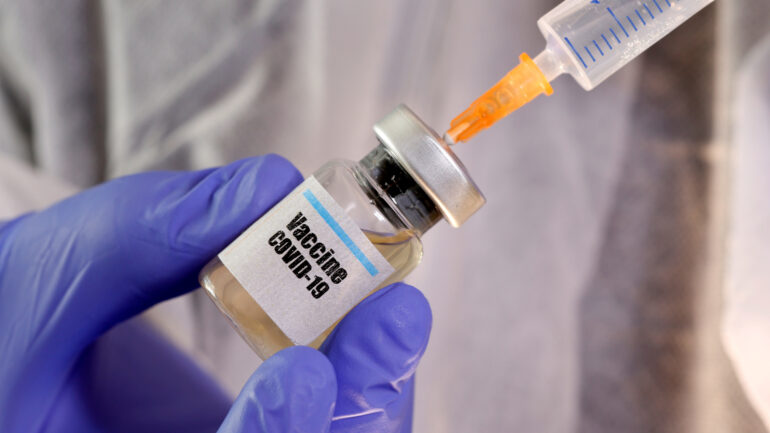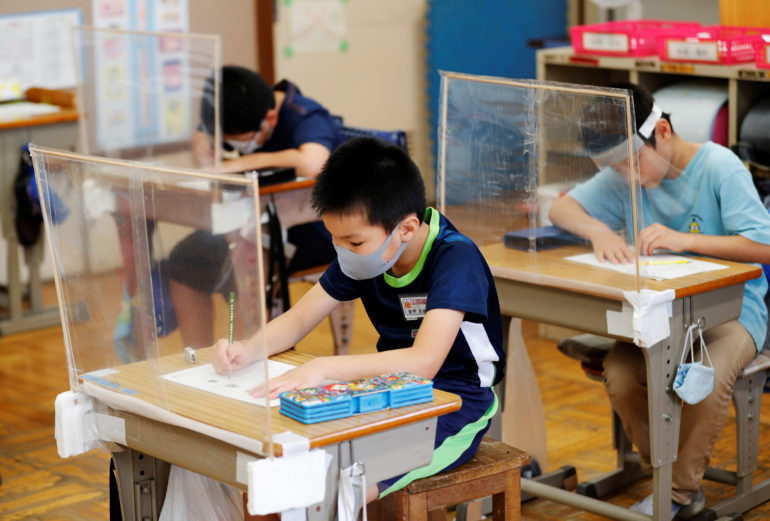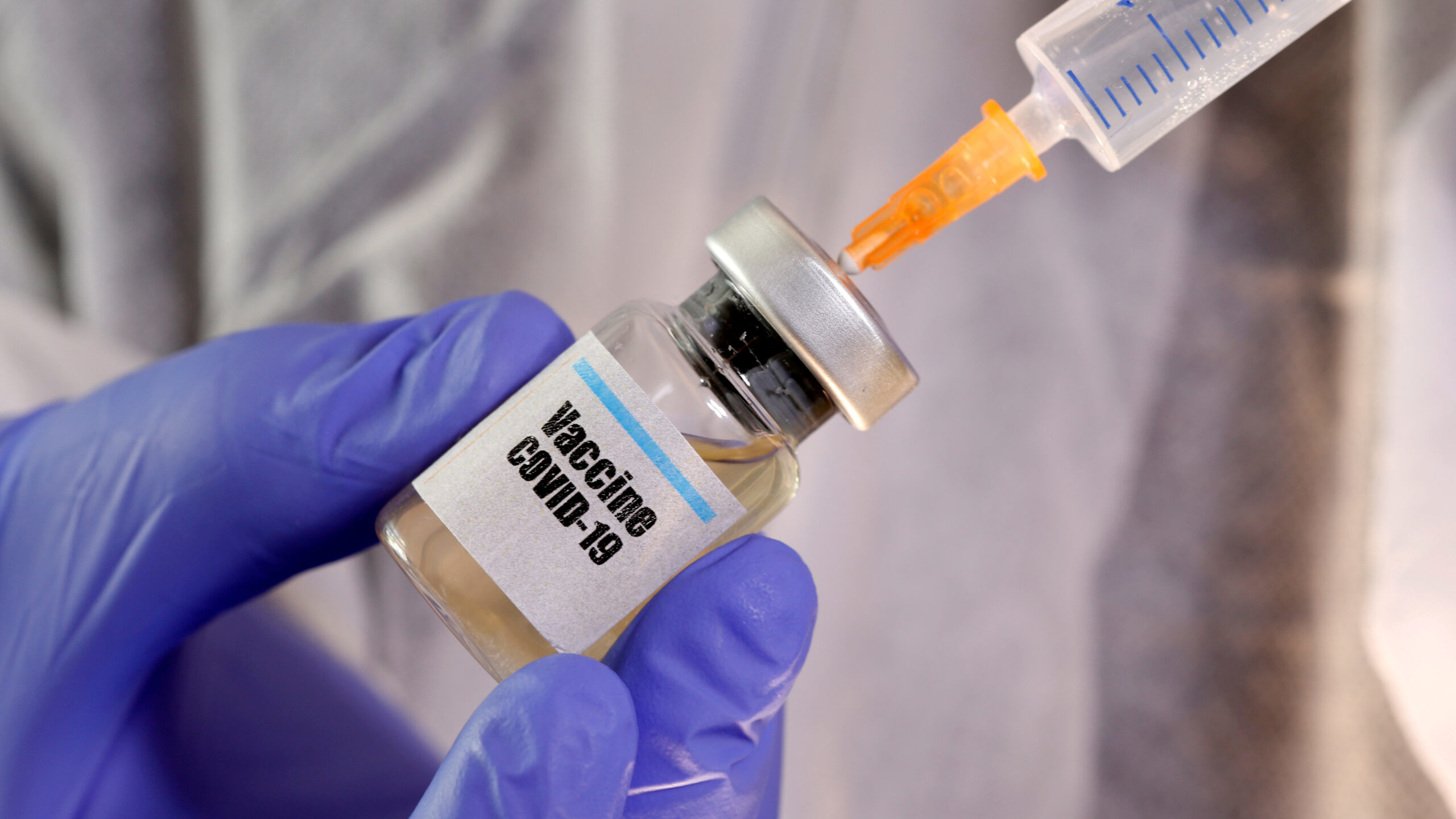
Abigael Ruto
More Canadians than Americans want a COVID-19 vaccine made mandatory to all upon availability, a survey shows.
Between the two nations, 57 per cent of Canadians want the vaccine to be compulsory, compared to 51 per cent of Americans, the survey by Leger found.
A contributing factor to these numbers is based on the confidence and trust in governments and how they have handled the pandemic, said Christian Bourque, the executive vice president at Leger Opinion.
“Numbers in Canada both provincially and federally show that we tend to be more trustworthy of governments in general,” he said.
A more positive response on personal willingness to get vaccinated was recorded from both countries.
“A 10 per cent difference between Americans and Canadians showed that 70 per cent of Canada’s population will be willing to get vaccinated, while 60 per cent of Americans agreed to taking a vaccine,” Bourque said.
The study, a collaboration between Leger Opinion and the Association for Canadian Studies (ASC), was released on July 27.
The results have a margin error of about 2.5 per cent, 19 times out of 20 in Canadian population and about 3.1 per cent, 19 out of 20 times in the American sample, survey said.
The web survey sampled 1,517 adult Canadians and 1,004 American adults between July 24 and 26, 2020.
Since the pandemic, many institutions are racing to try and produce a vaccine and about 164 vaccines have been tracked by World Health Organization (WHO).
Vaccines normally take years to develop and test for large populations, but scientists are optimistic to find one within 12 and 18 months, WHO said.
As schools plan to reopen, Americans are more worried about sending their children to school come fall, survey said.

Research showed that 51 per cent of the U.S. population is concerned on kids resuming classes in person.
“A majority of parents believe that we cannot go back to a full classroom,” Bourque said. “They would prefer half or even a third of a regular classroom size going back with more of them preferring a hybrid model where children do online and attend school physically on select days.”
The research also found Americans wants to keep their children at home when school reopens in fall.
“Many Americans do not trust the current president and his handling of the current crisis…,” Bourque said. “Forty-four per cent prefer their kids be at home as opposed to 41 per cent who are willing to sent them to school.”
Canadians revealed they are ready to let their children return to school.
But 18 per cent of Canadians say they’ll keep their kids at home while 23 per cent say they are not sure, the survey reported.
“A lot of parents at this stage are probably still confused about exactly what will happen in a month from now,” Bourque said.
The research concluded more Americans than Canadians want strict COVID-19 safety measures be applied to children, staff and teachers at school.
Eighty-two per cent of the U.S. sample want children to wear face masks while on 65 per cent of Canadians approved of the proposal, the survey showed.
Another 87 per cent of Americans compared to 81 per cent of Canadians want teachers and staff to have protective masks on.
“People are somewhat divided. I am guessing whatever system is proposed by governments, there will be people in support of and there will be people opposed to it no matter what,” Bourque said.
Below is a summary of the survey.


